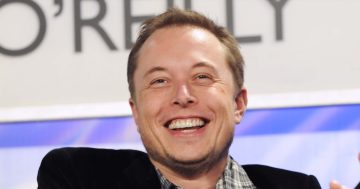Seems as though it’s been a few years since this topic was covered here.
Just wondering if anyone knows of a good acupuncturist anywhere in Canberra, or surrounds? Thanks.
If you’re also looking for an acupuncturist, check out our recently updated article on the best acupuncturists in Canberra.





















